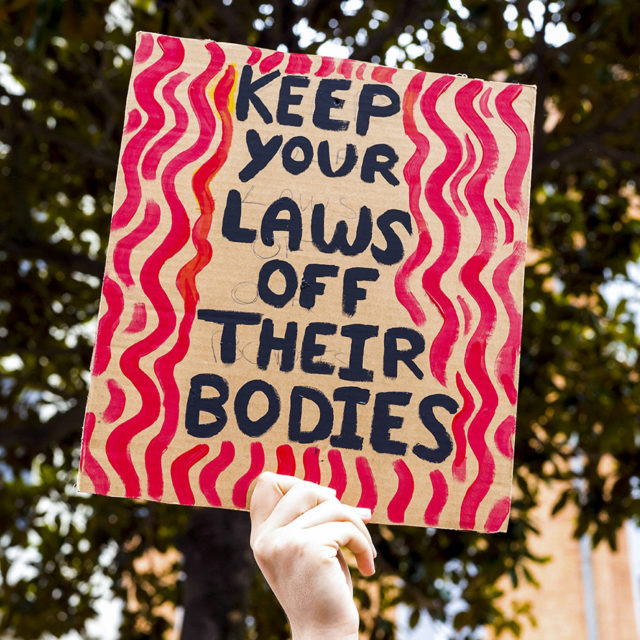Northeastern experts say the anti-abortion cause, despite its institutional foothold on the Supreme Court, will diminish in strength given time—and that reproductive rights will, in a long drawn-out political and legal struggle, win out.
The high court recently ended a decadeslong constitutional protection for abortion in overturning Roe v. Wade. Many experts, including Jeremy R. Paul, a professor of law and former dean of Northeastern’s School of Law, have long-contended that the three recent conservative appointees to the court were chosen specifically to overrule Roe.
But the highly partisan court, which Paul says serves the interests of what he describes as a minority viewpoint, is overshadowing majority public opinion on the issue of abortion.
“If the country is allowed to express itself, in the end, Roe and [Planned Parenthood v. Casey] will be reaffirmed, and because of that there is a tremendous anti-constitutional movement to shut down, through things like gerrymandering, popular will,” Paul says. “As a result, ordinary political processes have been under assault.”
Poll after poll over the years has shown that a large swath of the American public support abortion and reproductive rights (though very few Americans take an absolutist view on either side of the debate, research shows). Following the leaked Supreme Court draft opinion on abortion protections earlier this year, Gallup saw near-record support for the pro-choice cause in a recent poll.





